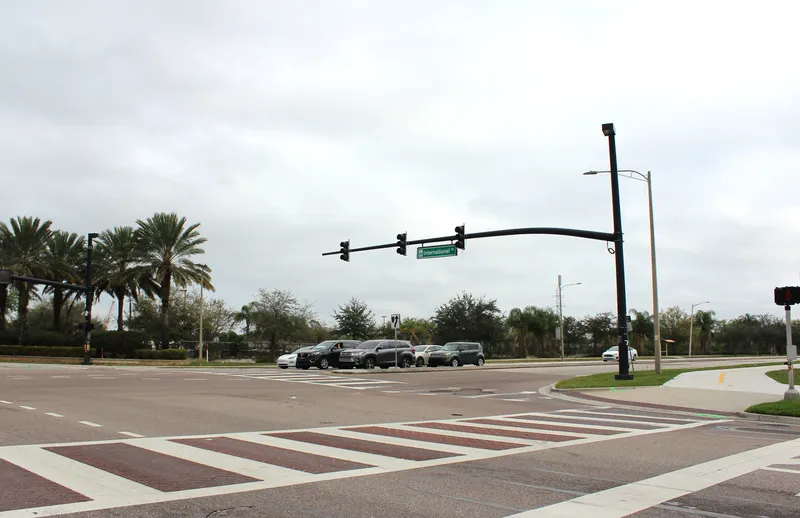TransCore has been selected by Cobb County Department of Transportation, Atlanta, to expand its Scats (Sydney Coordinated Adaptive Traffic System) adaptive traffic signal control technology with an additional 75 intersections, nearly doubling its use of the technology and making it the second largest deployment in the United States. The first phase of 26 intersections in the town centre area are now in operation with the remaining intersections expected to be fully operational by October 2012.
April 27, 2012
Read time: 2 mins
Cobb County, located in the northwest portion of metropolitan Atlanta, first installed adaptive signal control technology in 2006 along Cobb Parkway (US 41) and the Cumberland Galleria area surrounding the I-75/I-285 interchange. Now, in an effort to accelerate mobility in the Northwest Corridor, one of the most congested areas in the metropolitan region, the system’s use will be expanded along US 41, I-75 and I-575.
An intelligent transportation system with adaptive capabilities can respond to traffic patterns as they occur and reduce choke points in the county’s roadway network and subsequently reduce vehicle emissions, fuel consumption, and travel times. As Tim Fischer, TransCore’s vice president for the southeast region, explains, “What makes the Scats adaptive system appealing is that each corridor can be configured differently versus using the traditional time-based, or actuated signal controls. Other systems don’t have this level of configurability or flexibility.”
Scats, originally developed for Sydney Australia by the Roads and Transport Authority, operates in real-time to adjust signal timing in response to changes in traffic demand and provides immediate and historical traffic information for Cobb County traffic engineers. It is currently one of the most widely used adaptive traffic control systems around the world controlling more than 30,000 intersections globally and more than 1,000 intersections in the United States.









